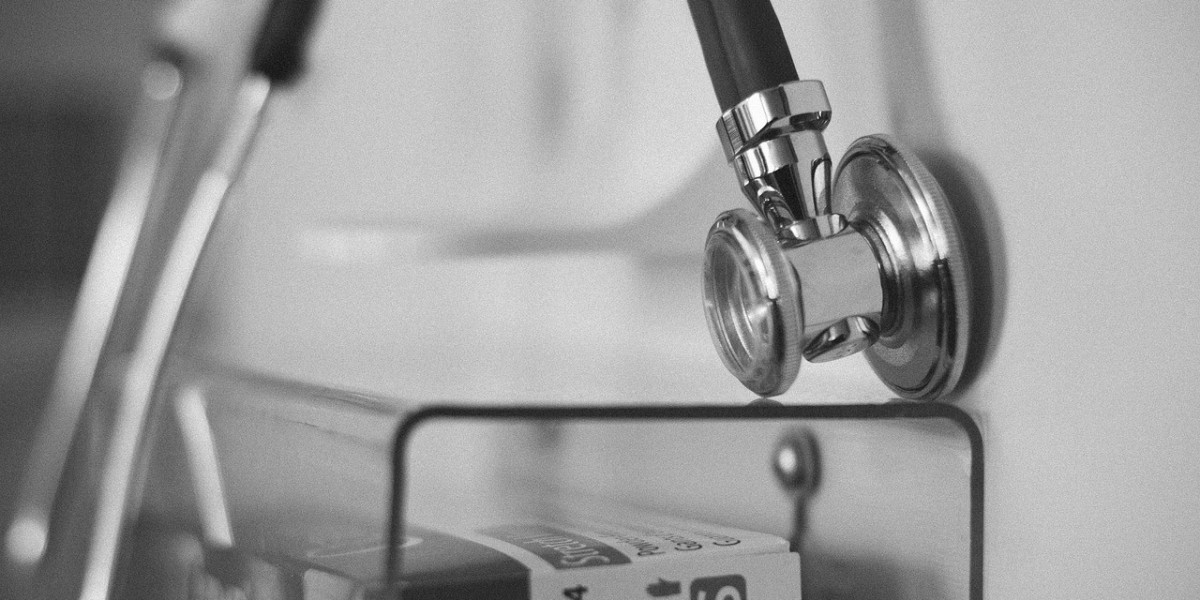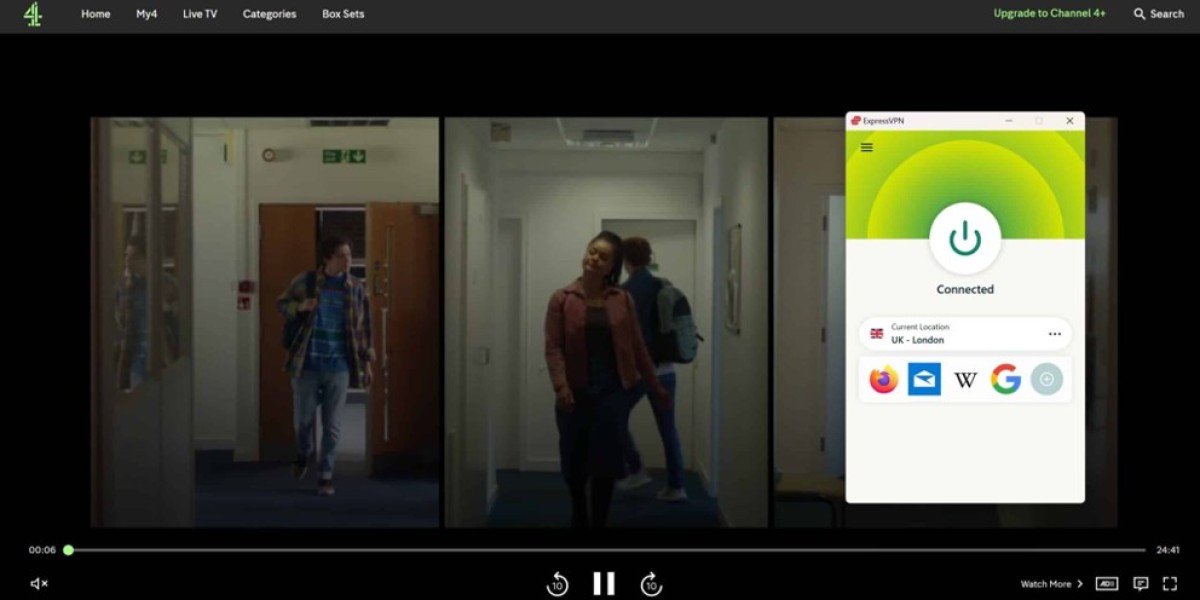Whether for mental health stabilization or substance use treatment, residential programs provide a safe, structured environment designed to help individuals rebuild their lives—physically, emotionally, and spiritually.
What Is a Residential Program?
A Residential Programs (also known as inpatient treatment) is a live-in treatment model where individuals stay at a facility full-time while receiving professional care. These programs typically last from 30 to 90 days, though longer stays are available depending on a person’s needs.
Unlike outpatient care, residential treatment offers 24/7 supervision and support. It removes the distractions and triggers of the outside world, allowing individuals to focus fully on healing.
Who Benefits from Residential Programs?
Residential programs are ideal for people who:
Struggle with drug or alcohol addiction
Have mental health disorders like depression, anxiety, bipolar disorder, or PTSD
Experience co-occurring disorders (both addiction and mental illness)
Need a break from a toxic or unsafe living environment
Have tried outpatient care but need more structure and stability
Residential treatment is often the recommended choice when someone is at risk of self-harm, relapse, or has a history of failed treatments.
What to Expect in a Residential Program
Every residential program is unique, but most offer a combination of medical care, therapy, and wellness activities in a highly structured daily routine. Common features include:
Individual therapy sessions
Group therapy and support groups
Family counseling and education
Medication management (when appropriate)
Life skills and coping strategies
Recreational therapy (art, music, fitness)
Mindfulness, meditation, or yoga
This integrated care model addresses not just symptoms but the underlying causes of a person’s struggles.
Types of Residential Programs
1. Addiction Treatment Programs
Focus on detox, recovery, and relapse prevention for those with drug or alcohol dependency.
2. Mental Health Residential Programs
Provide stabilization and long-term support for those facing conditions like depression, anxiety, or schizophrenia.
3. Dual Diagnosis Programs
Designed for individuals with both substance use and mental health disorders.
4. Adolescent and Teen Programs
Specialized care for young people dealing with emotional or behavioral issues in an age-appropriate setting.
5. Trauma-Informed and Specialty Programs
Tailored for people dealing with PTSD, domestic violence recovery, or other trauma, often including gender-specific or culturally-sensitive options.
The Benefits of Residential Treatment
24/7 support in a safe, controlled environment
Focused healing without everyday distractions
Structured routines that promote healthy habits
Peer support and connection with others on a similar journey
Comprehensive care that addresses mind, body, and spirit
Residential programs help people stabilize, reflect, and begin to rebuild their lives with the support of professionals who care.
Life After Residential Care
Recovery doesn’t end when the program does. Most residential programs include aftercare planning, which might include:
Outpatient therapy
Sober living options
Support group referrals
Continued medication management
Relapse prevention strategies
Career or education planning
Aftercare is critical for maintaining the progress made during residential treatment and ensuring continued success in daily life.
Is a Residential Program Right for You?
If you or a loved one is dealing with serious addiction or mental health struggles, a residential program could be the right step. These programs provide intensive support and a solid foundation for lasting recovery—something that’s hard to achieve alone.



